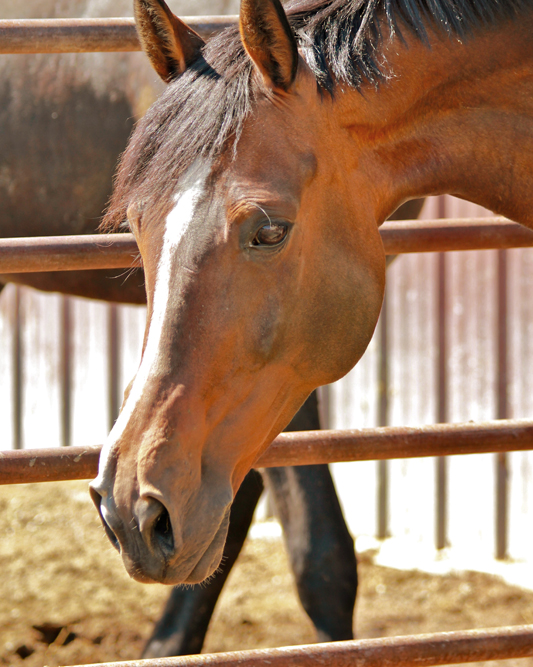 Infectious Disease/Disease Prevention
Infectious Disease/Disease Prevention
Infectious disease control involves the careful balancing of risks and potential benefits facing each patient. It isn’t as simple as just “vaccinating for everything” twice yearly. There is no “one size fits all.” Heavy vaccination can actually increase the risk of contracting certain diseases, including the neurologic form of Equine Herpes Virus. Over-treatment with antibiotics carries its own risk-factors, including antimicrobial resistance among bacteria. Excessive use of de-worming medications also induces parasite resistance to the commonly-used medications.
With our special expertise in epidemiology and disease prevention, we can help you formulate a good disease-prevention strategy for your herd’s unique specifics. We have access to the best available vaccines, and often provide regular clients with vaccine doses for at-home administration. We provide low-cost, accurate parasite egg counts to help monitor for excessive worm burdens in your herd.
Our recommendations are guided by the principle that “less-is-more”, that we should prevent what is reasonably preventable, and that risk-factors can vary immensely among different populations of horses. For example, West Nile Virus encephalitis is completely preventable, given the safe and effective vaccines that are available. With the condition on the rise in Montana, and with case fatalities approaching 35% of unvaccinated horses, most horses should probably be vaccinated. In comparison, we might be less likely to recommend vaccination for treatable contagious conditions like Flu or Strangles.
We are always very happy to work with clients to formulate the best practical plan to minimize disease and maximize herd health.
Related Presentations/Articles by Montana Equine doctors:
Streptococcus equi equi Antibiotics in the Real World
Peter HeidmannDVM MPH – Streptococcus equi equi: Fact and Fiction:“Strangles”and Related Diseases in Montana
